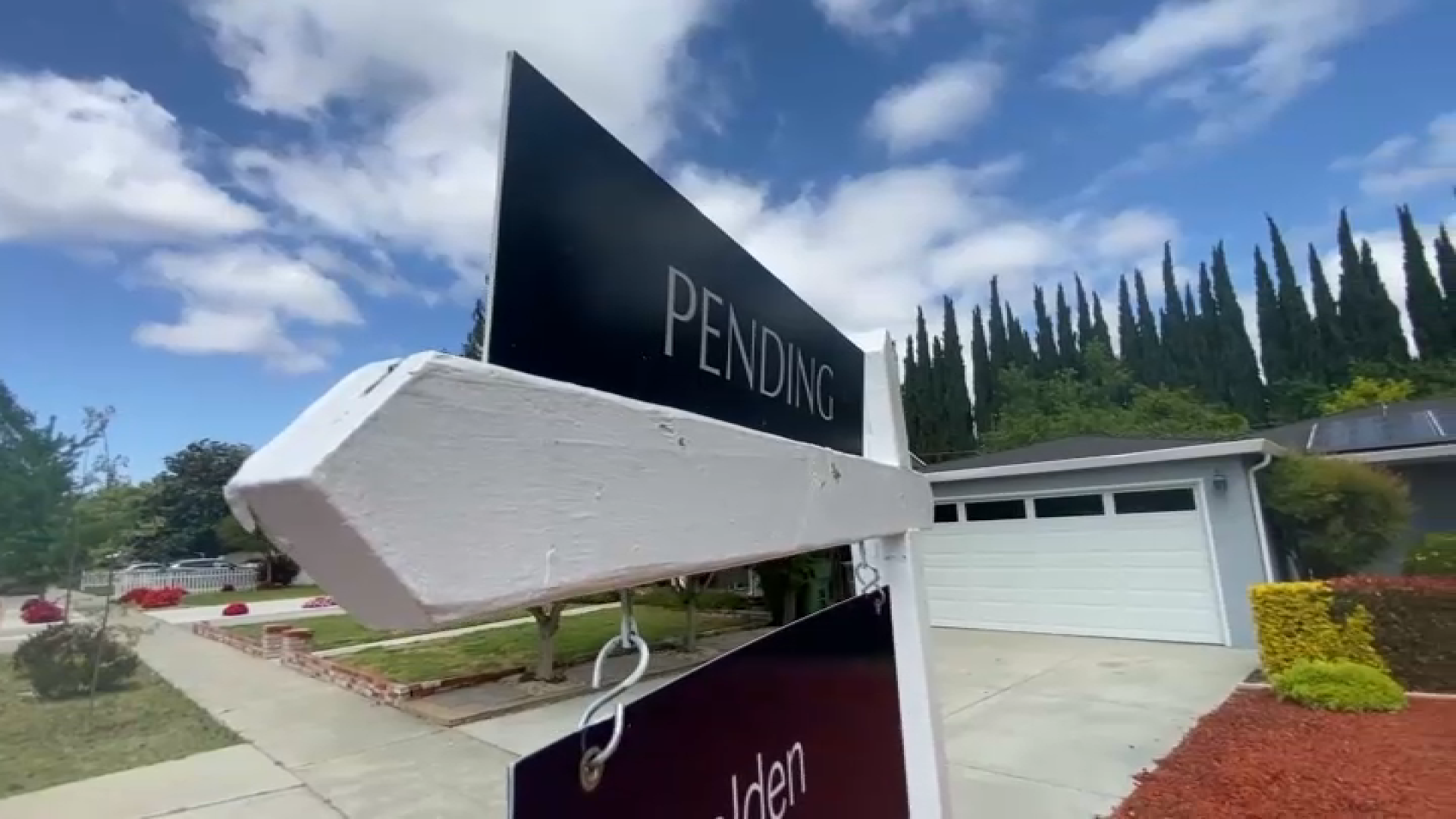The state’s Community Care Licensing Division and the state Public Health Department have launched probes of the death of a 75-year-old woman whose body was found in a stairwell of an engineering building at San Francisco General Hospital, officials said Friday.
Ruby Lee Andersen was discovered Wednesday, 10 days after she failed to return to a city-run Residential Care Facility at the hospital. An autopsy has ruled out homicide, but NBC Bay Area’s Investigative Unit has learned Anderson was likely alive for several days after she vanished from the center at 887 Potrero Avenue.
City officials say they are still investigating, but have already acknowledged that there were lapses related to how the missing persons case was handled. The state public health department is investigating, and the state community care licensing agency said it, “is looking into whether the facility followed state regulations regarding the care of a resident.”
Care advocates welcomed the probe, saying the circumstances of Andersen’s death are troubling.
“That’s a big deal,” said Pat McGinnis, head of San Francisco-based California Advocates for Nursing Home Reform. “There’s something wrong with that, there’s something that needs to be done so this doesn’t happen again.”
She is concerned that Andersen – who reportedly had dementia -- was not labeled as high risk when she was initially reported missing.
“Obviously, you are there because you need care and supervision. If that’s not high risk, I don’t know what is.”
Local
Inspection records reveal past questions about the care and monitoring at the facility.
Back in 2016, care licensing authorities investigated allegations of a “lack of supervision resulting in resident being found in middle of street.’’
At that time a doctor told the inspectors residents were legally free to come and go through an unalarmed exit. That investigation was ultimately deemed “inconclusive.”
Later that same year, another resident was found to be suffering from untreated chronic conditions. In that case, inspectors found that the “staff practice a ‘hands-off’ approach to encourage resident independence."
That resident ended up in the emergency room and the facility was cited for neglect.
McGinnis says she’s also troubled by that 2016 report of a resident who apparently wandered out an unalarmed door onto Potrero Avenue, one of the busiest streets in the city. She understands that the facility’s residents are allowed to come and go under current law, but believes there should be limits.
"They are still, under the law, required to provide care and supervision – otherwise, you can live in a hotel."
Rachael Kagan, spokeswoman for the city, provided a statement late Friday which reads, “The Residential Care Facility for the Elderly (RCFE) is a board and care residence for adults 60 and over with diagnosed mental health issues. It is a non-medical facility that provides room, meals, housekeeping, medication support and personal care assistance with basic activities. The program also provides recreational facilities on site. This is a 59-bed, non-locked facility and residents can come and go.
The residents of this facility are not ready for completely independent living, and the program supports them to reach the greatest level of independence that they can achieve, depending on individual needs and circumstances. The safety and stability of residents is our highest priority.
Although the March 2016 inspection was found to be inconclusive, we welcome the oversight and opportunity to respond to complaints.
The July 2016 inspection was found to be substantiated and resulted in a plan of correction that has been implemented to improve pre-admission appraisals and re-appraisals of residents’ physical, medical, mental, and social condition. In addition, residents are regularly observed for changes in physical, mental, emotional and social functioning and appropriate assistance is provided when such observation reveals unmet needs. Any such changes in conditions are documented and brought to the attention of the residents’ physician and the residents’ responsible person, if any.
The program received its annual licensing inspection on April 27 and is in full compliance and licensed by the California Department of Social Services, Community Care Licensing Division."



